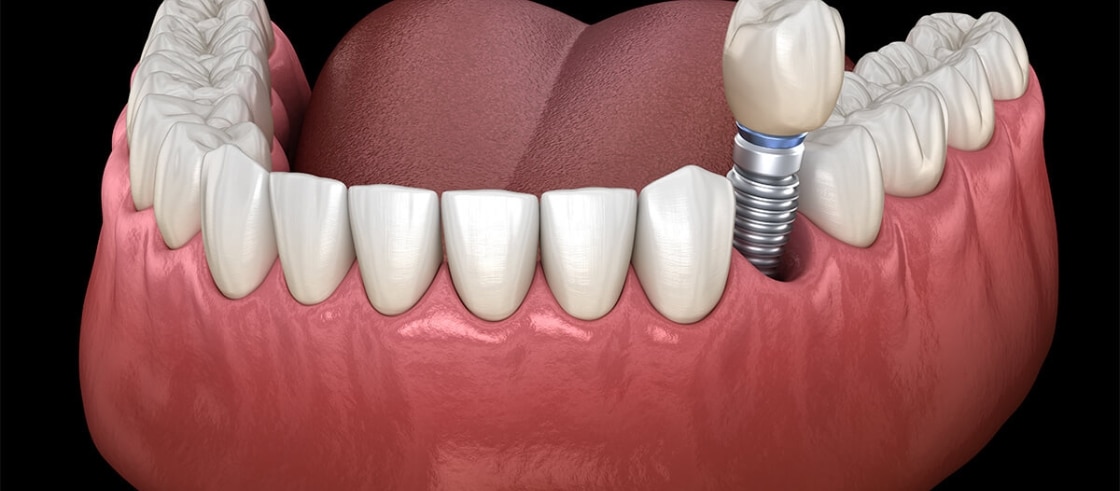Have you broken a tooth? A cracked tooth is more than a hassle. Without prompt attention, this can quickly become a dental emergency. The crack could leave the vulnerable inner layers of your teeth open to harmful bacteria. You may suffer from an infection, leading to tooth loss in severe cases. So, you must be aware of the warning signs.
Read this blog post to know when you should consider a cracked tooth an emergency and what you can do.
What Are The Signs and Symptoms of a Cracked Tooth?
You can crack your tooth because of multiple reasons, such as accidents, eating hard food, teeth grinding, age-related problems, etc. Wondering how to tell if your teeth are fractured? Look for these signs:
- Due to this injury, you might feel a sharp pain when biting or chewing food. The pressure may also further injure your teeth.
- A crack may make you more sensitive to hot and cold food. You may also react to highly sugary foods.
- The fracture may cause swelling around your injured tooth. It can also be a sign of a progressing infection.
- In some cases you may be able to see the cracks quite easily, but in others, they may be concealed beneath the surface.
Knowing these signs will help you determine if you need to see an emergency dentist in Oak Park.
Why Is A Cracked Tooth A Dental Emergency?
You can experience severe complications if you don’t seek timely care to deal with your cracked tooth. It includes:
- Various bacteria from your mouth may reach your pulp through the crack. They may infect the pulp and damage the entire tooth.
- Your crack might widen over time without proper dental attention. This can eventually result in tooth loss.
- Early treatment will allow you to avoid invasive treatments necessary for severe dental emergencies. You can also save time and money and avoid discomfort.
You can use mouthguards, stick to soft foods, and practice proper oral hygiene to make your teeth stronger and avoid accidents like this.
What Treatment Procedures are Used in Emergency Care For A Cracked Tooth?
Here are some treatment procedures that your dentist might use to handle this painful dental emergency:
- Your dental professional may fill in small cracks with a tooth-colored resin. Dental bonding will restore both the function and appearance of your tooth.
- A custom-fitted cap can shield your tooth from further damage if it is already fractured. This is called the dental crown.
- If infection has already reached your tooth pulp, you may need a root canal treatment. The dentist will simply remove the pulp and replace it with a filling.
- You may need a tooth extraction if your tooth is severely damaged and cannot be saved.. It will stop the infection from speading.
Now that you are aware of the dangers of a fractured tooth, hopefully, you won’t neglect this dental problem. Timely emergency treatment can help you avoid invasive procedures like tooth extraction and other such painful procedures. If you notice any signs of infection, use first aid and visit an emergency dentist as soon as possible.
Are you ready to protect your cracked tooth? Contact us today!


